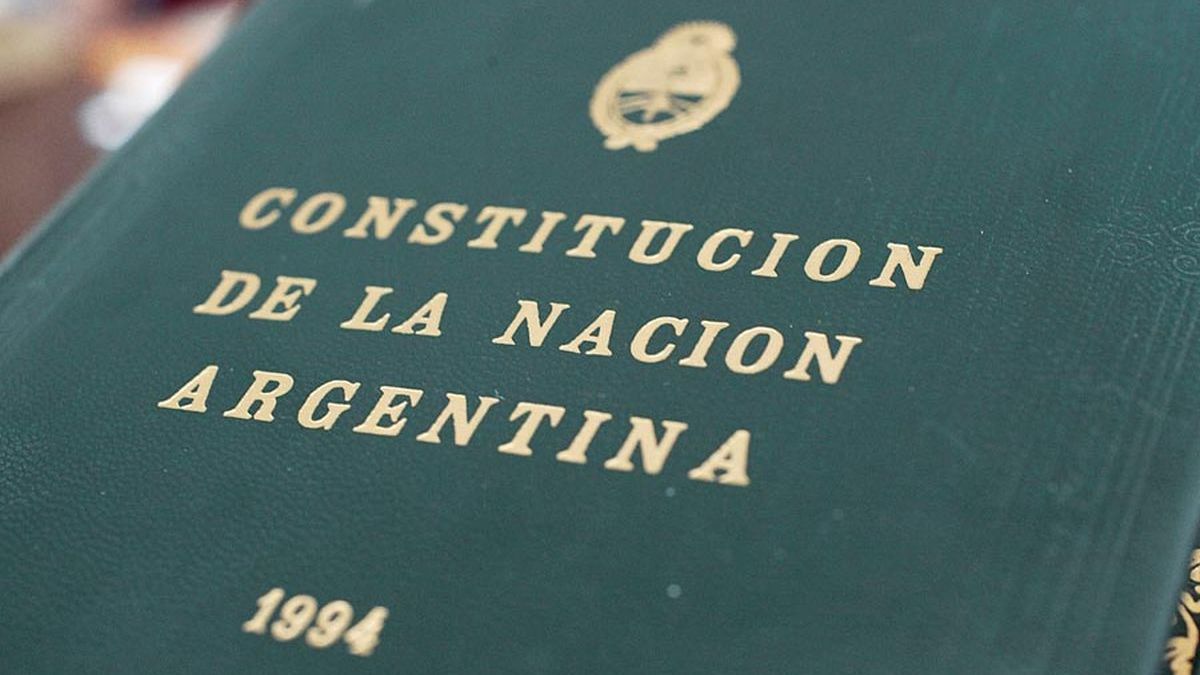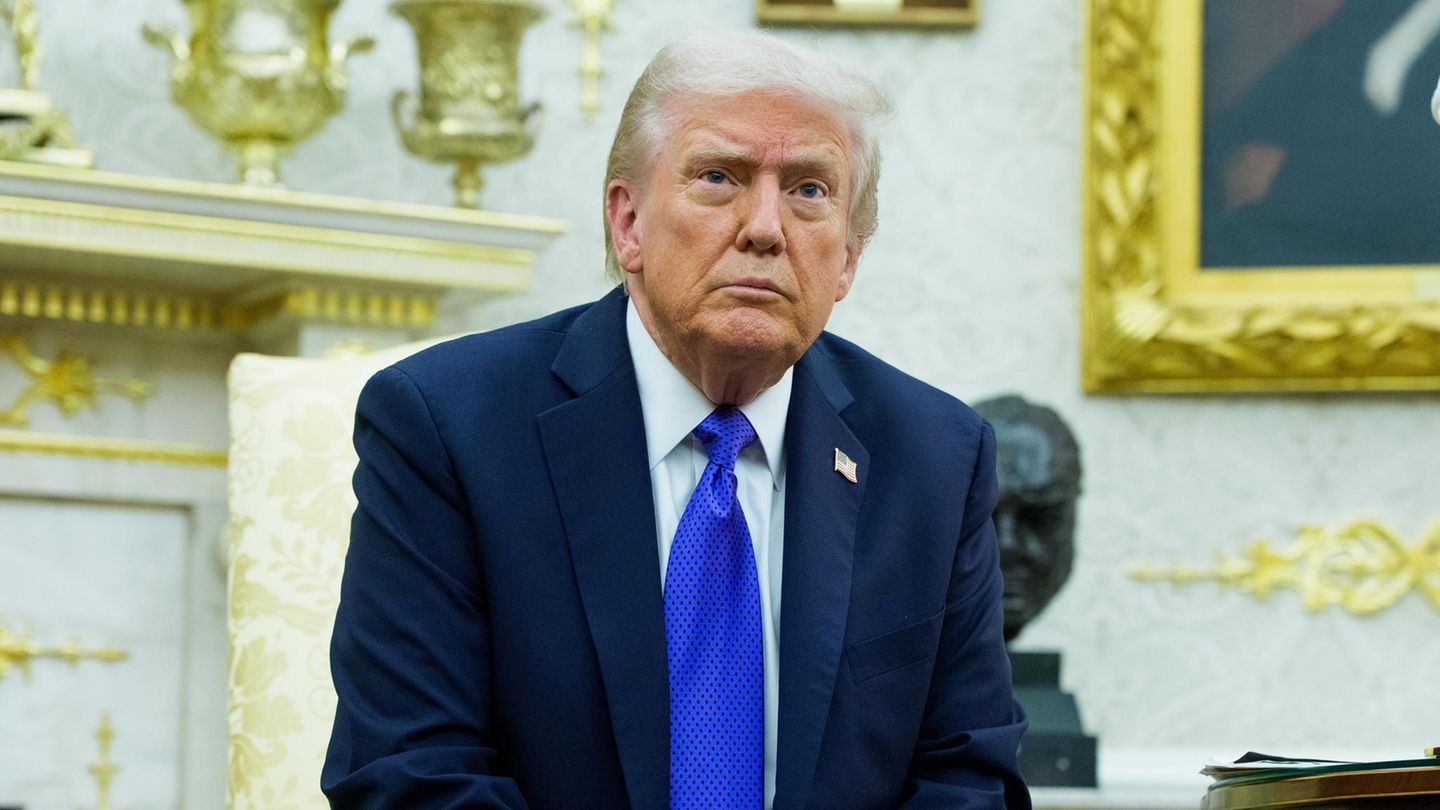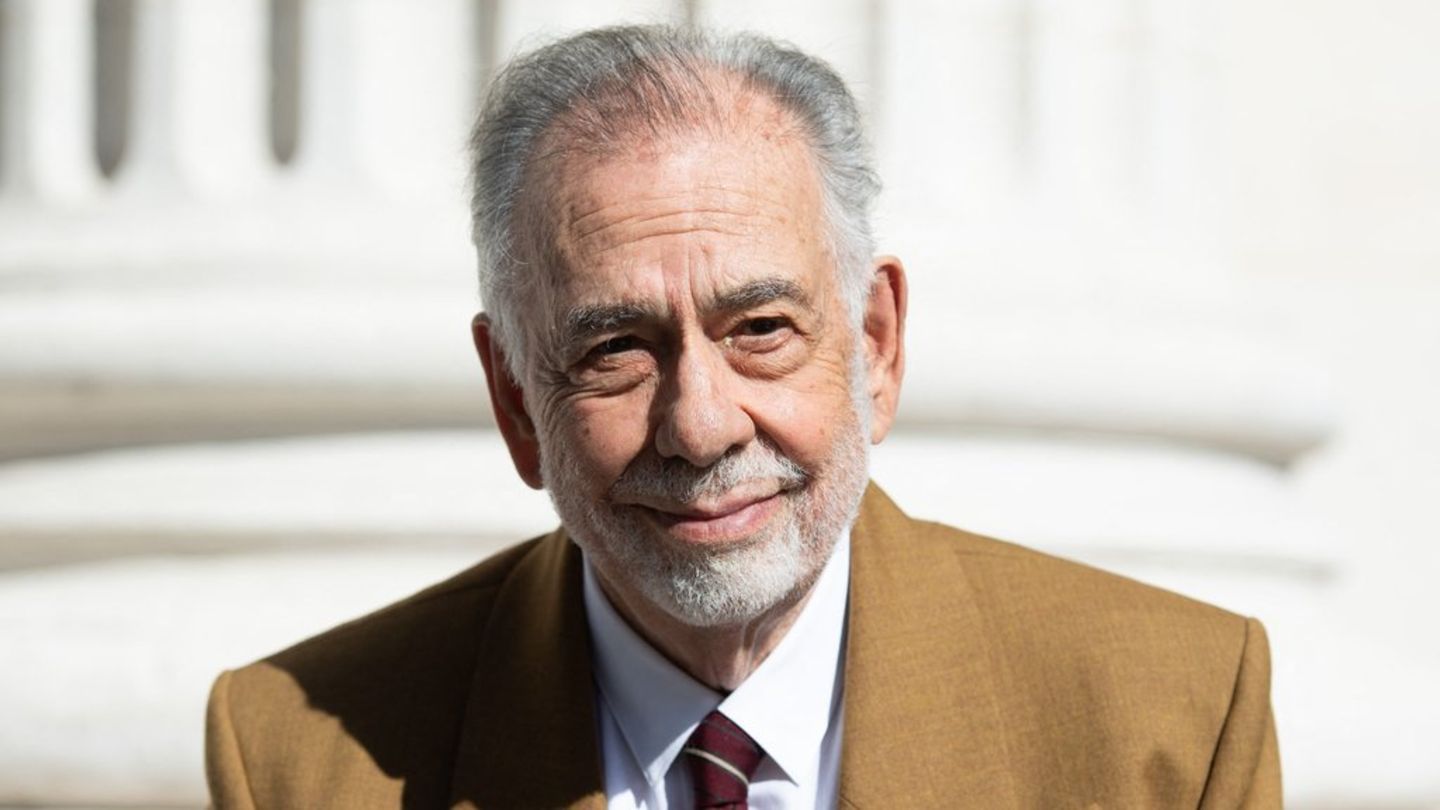The ruling was highlighted by this authorship because a Tax Chamber of the Fiscal Court of the Nation applied conventionalism, the current legal order, on that occasion, the pronouncements of the member Dr. Garbarino, a member of one of the customs chambers, who admits humanist conventionalism. The note concluded “it should be celebrated that members of the Nation’s Fiscal Court such as Dr. Marchesky and Dr. Guzmán raise their voices, go beyond the fence of the norm, contribute to the integration of the Nation’s Fiscal Court to the humanist conception ”, a similar concept can be extended to Dr. Garbarino.
Contrary position
However, on this occasion and, contrary to that jurisprudential satisfaction, it is expressed with deep sadness that the current members of Chamber D ventured into affecting the essential procedural guarantee, the right to defense, part of due process, and in particular , the right to proof. This right, in tax matters, is relevant because the taxpayer is the one who must prove otherwise. Therefore, it can hardly unnerve him, when he is required to prove it.
The position of this Chamber is wrong, particularly in the face of contrary proof required of taxpayers in tax processes.
The incompatibility of this criterion is based on the content of the current Argentine legal order; Furthermore, with the new constitutional design promoted by the constituents of 1994 by incorporating the International Treaties (section 22, article 75 CN) and the guarantees against arbitrariness and illegality (article 43 CN) of the acts and actions of the State, such as enabling Judges to declare unconstitutionality.
The purpose of this new design was to strengthen the protection of rights, freedoms, and especially, guarantees of people in accordance with the conventional humanist ideology conceived since 1945, sanction of the Charter of Nations and creation of the UN, and the innumerable treaties and bodies for the protection of human beings successively incorporated into the international legal order.
“pro homine” principle
This idea highlights the “pro homine” principle, understood as the right most favorable to man, as the obligation imposed on States or supra-national bodies, whether deliberative or jurisdictional; and, in procedural terms, it is stated as “a hermeneutical criterion that informs all human rights law, by virtue of which The broadest standard, or the most extensive interpretation, must be used when it comes to recognizing protected rights. and, conversely, to the rule or the most restricted interpretation when it comes to establishing permanent restrictions on the exercise of rights. or its extraordinary suspension.”(1)
Argentina reinforced these ideas, namely: a) Law 23054 ratified the ACHR and, in addition, recognized the jurisdiction of the Inter-American Court and the IDH Commission; b) The CSJN in the case “EKMEKDJIAN vs. SOFOVICH” (2) made it clear “That the interpretation of the Covenant must, in addition, be guided by the jurisprudence of the Inter-American Court of Human Rights…”; c) The ruling of the Inter-American Court in “GELMAN vs Uruguay”(3) when it said “…the internal authorities are subject to the rule of law and, therefore, are obliged to apply the provisions in force in the legal system. But when a State is a party to an international treaty such as the American Convention, all its organs, including its judges and other organs linked to the administration of justice at all levelsare also subject to the treaty, which obliges them to ensure that the effects of the provisions of the Convention are not diminished by the application of rules contrary to its object and purpose, so that judicial or administrative decisions do not make total or partial compliance with international obligations illusory.”
This conception, fully in force, indicates to all judicial or administrative bodies the obligation to abide by this premise; even, article 248 of the Penal Code sanctions officials who incur these constitutional, conventional and legal deviations, as has been stated. aforementioned.
Chamber D ignores these orders, especially when jurisprudential criteria of the great Argentine Court and the Inter-American Court are involved, which cast aside all doubt.
This disregard was conformed by refusing to produce the testimonial evidence offered by the taxpayer; more, when the arguments for its rejection are inappropriate, lacking legal basis and contrary to current regulations.
The pre-opinion member states that it was dilatory, an argument that is irrelevant for the Court’s procedural times.
Another refers to the actions of the actors and mistakenly maintains “…it is known that what the inspectors of the Public Revenue Tax Administration could declare in relation to the work carried out during the inspection stage, is established in the administrative actions. that have the character of public instruments.” The question that arises: Are tax auditors infallible, are they independent, are they impartial? Without a doubt, because they are men, they are fallible, they act for an organism and follow its criteria, ergo, they are dependent and partial.
The erroneous fact was crude, the fiscal alchemy consisted of incorporating as taxable profit the adjustment of expenses due to accounting inflation, a concept not deducted in the Affidavit of Income, which was reflected in the accounting expertise. This issue caused this misunderstanding.
Final thoughts
The criticisms of this sad legal expression are:
- a) Officials are obliged to testify as witnesses, there is no rule that exempts them, it is enough to review the articles of the CCCN to appreciate this statement;
- b) The Court, Agreed on 12-20-1967, regulating article 455, CCCN, makes clear the obligation to declare, the exception is to do so in writing, but only high-ranking officials, obviously, does not include these officials of lower administrative hierarchy;
- c) The search for objective legal truth is a procedural purpose, therefore, if there is doubt about documents or statements, these must be reviewed, especially when the taxpayer must prove otherwise;
- d) The State is there to protect men within the scope of the law; appreciation derived from the previous constitutional and conventional explanations;
- e) Finally, almost like a paradox, the Treasury, in the criminal case for the same object, offered the plaintiffs as witnesses, revealing the error committed by this Chamber.
These and many more arguments could be invoked, but these attitudes cause sadness, because this is a National Tax Court that was and is proud in tax procedural matters.
These circumstances are unnecessary blemishes that, at the very least, the National Authorities should take note of, and review these works, because this action harms the essence of the State, the so-called “legitimate trust.” What confidence is given to the taxpayer if some member of a prestigious Court ignores regulations such as those cited?
Vega, Gerardo E.: Master of Laws, U Austral, 2023; PhD student in Law U Austral, 2024; CPN UNLP, 1975; founding partner Estudio Gerardo Vega e Hijos; email: [email protected]
(1) PINTO, Mónica: “The pro homine principle. Criteria of hermeneutics and guidelines for the regulation of human rights”, quote by Ximena MEDELLIN URQUIAGA: Pro Persona Principle, p. 19.
(2) CSJN, 07-07-1992, Rulings t. 315, p. 1492, Considering 21
(3) “GELMAN vs. Uruguay, compliance with sentence” Inter-American Court, 03-20-2013, paragraph 66
Source: Ambito
I am a 24-year-old writer and journalist who has been working in the news industry for the past two years. I write primarily about market news, so if you’re looking for insights into what’s going on in the stock market or economic indicators, you’ve come to the right place. I also dabble in writing articles on lifestyle trends and pop culture news.




